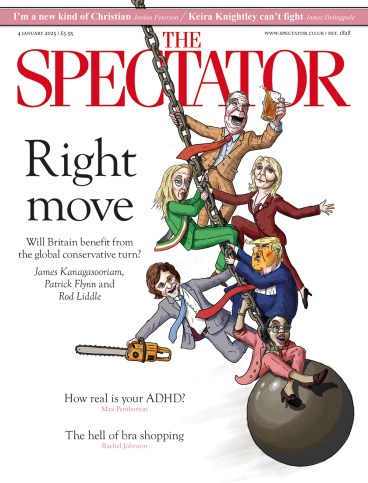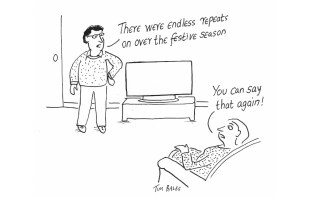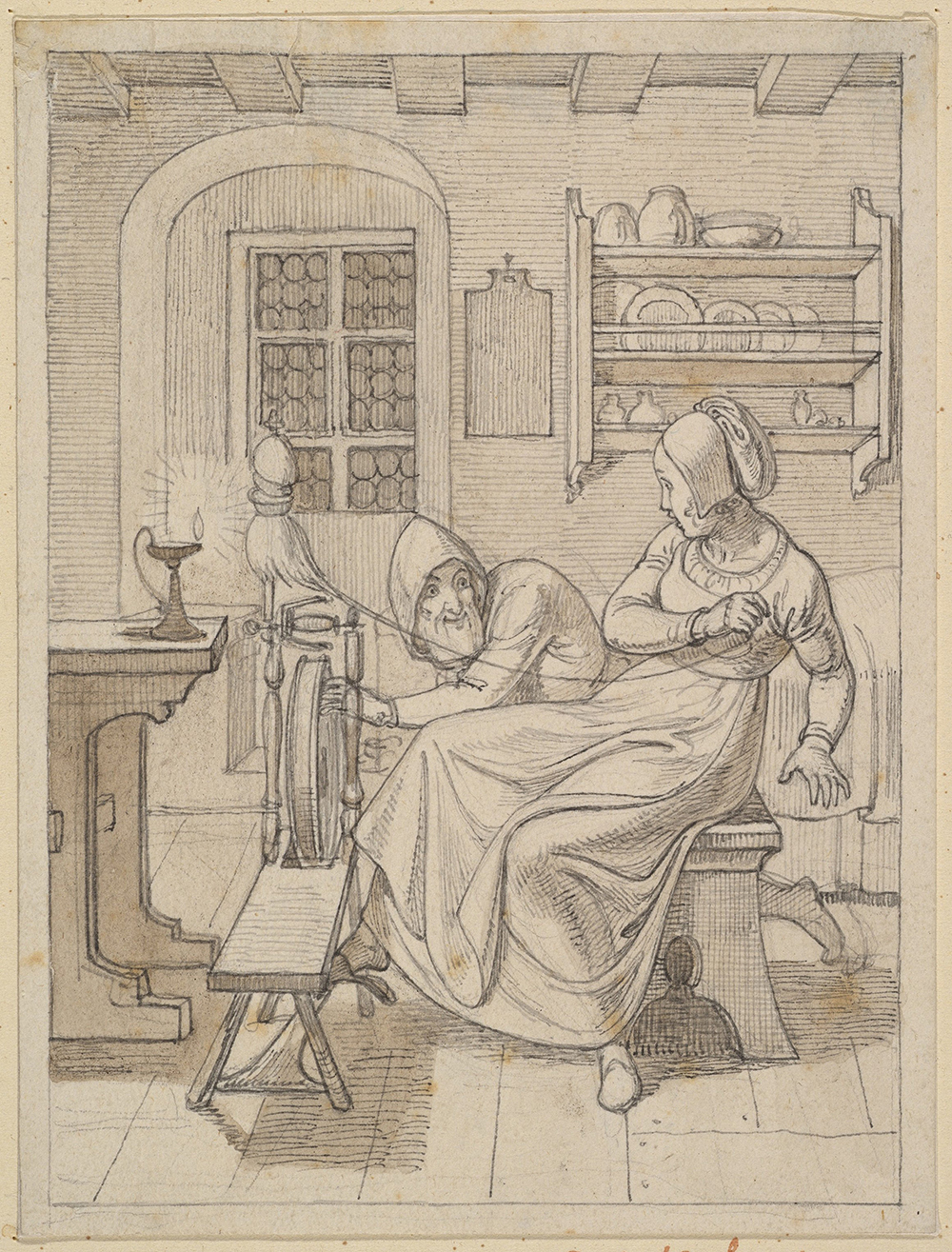
For Anna, wickedness is
typified by the villain of
a fairy tale –Rumpelstiltskin
The narrator of Alive in the Merciful Country is a woman weighed down by past trauma ‘like a bag full of broken kaleidoscopes’. Anna is a teacher steering her nine-year-old pupils through the 2020 lockdown while coping with life as the single mother of a troubled teenage boy, trying to rebuild trust after a shattering betrayal: ‘I didn’t ask to be in a spy scenario, or an action scenario, or a political thriller, but I recurringly have been.’ Damaged by life, she has learned to question misuse of power, personal and political: quis custodiet ipsos custodes indeed.
Fans of A.L. Kennedy will love this book. Her trademark features are reassuringly present – reality and fantasy, sweetness and horror; a good soul struggling to survive in a bad world. There’s a lot of crying and deadpan laughs, all delivered in prose that soars and swoops like the birds she references throughout.

For Anna, wickedness is typified by the villain of a fairy tale – Rumpelstiltskin, the sprite who spun straw into gold for an endangered princess and then demanded a terrible price. To drive home her point, she names all wrongdoers Stiltskins. Switching between various pasts and the present, Kennedy paints a diptych: a woman reaching out for a belated chance of happiness, contrasted with an atrocious villain.
In the hope that isolation might bring solace, Anna has hidden herself away in a rundown corner of London. She plants honeysuckle in the concrete courtyard and paints the front door a defiant bright blue. Daring to feel she might risk love again, she feels safe here – until a thick envelope lands on her doormat and puts an end to her fragile security. Her own Stiltskin has emerged from the shadows of her past: a man of many parts, a shape-shifter, quietly deadly.
In unsettling counterpoint Stiltskin’s words and Anna’s memories sweep us back into Anna’s life as a street performer, part of the OrkestrA, a group of idealistic young people who stray from entertainment into protest and activism, encouraged by a charismatic newcomer who dazzles them all with his skill and charm. Slowly we learn how the OrkestrA was infiltrated and then betrayed, lives destroyed. It sounds complicated and it is. At more than 400 pages, this is not a quick read; but surrender yourself to its fragmented view of the world and there’s magic to be found.
Kennedy gives us Anna, humane and vulnerable; and Stiltskin, mutable as mercury, ambiguous and breathtakingly forthright with his story, regularly disappearing into the darkness to create mayhem elsewhere. He’s a figure so effortlessly versatile that, like Anna, we find ourselves bewitched. If you’re sensing guilty pleasure here, you’re right: his multifarious and unpredictable wickedness won me over. That’s Stiltskin for you. No wonder he gets away with murder. Repeatedly.
Throughout the book there’s a sense of otherworldly possibilities, sometimes horrific, sometimes beguiling, like the protest demo aiming to occupy Fortnum & Mason – ‘in as much as a shop and tearoom might ever resist your occupation’. To go into plot would involve spoilers. Say, rather, that the story surfs aspects of late-stage capitalism, reminding the reader of the appalling missteps of lockdown and what followed, widening the focus to encompass corruption and iniquity at every level.
Kennedy, multiple award-winner, Booker nominee and twice listed by Granta among the best of young British novelists, upends the fairy tale: she spins pain into poetry and its glitter is authentic.








Comments